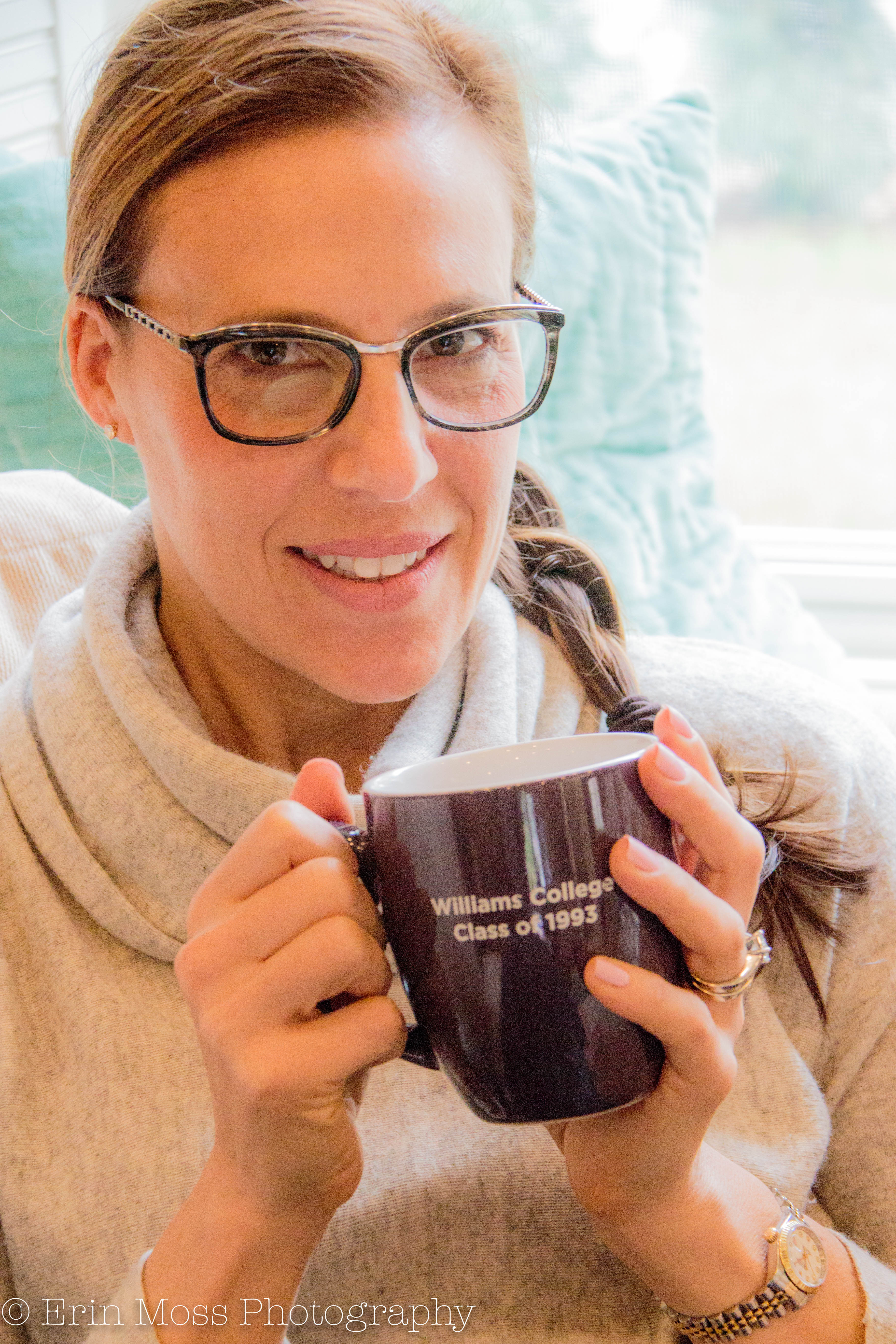I am new to twitter. I am new to writing about being a woman in medicine, a woman in surgery, and a woman in orthopaedics. I am NOT new to the feeling so beautifully summed up by Dr. Loren Rabinowitz in the New England Journal of Medicine on June 14, 2018. In her piece, “Recognizing Blind Spots-A Remedy for Gender Bias in Medicine,” Dr. Rabinowitz blew me away by describing an occurrence so familiar to me, a world in which patients receive the care from excellent women physicians without understanding that we are actually physicians. She tells a story in which a family, grieving and making difficult decisions about a loved one, assumes that her junior resident is the physician in charge because he is a man. Dr. Rabinowitz continues to put the patient and family ahead of herself, making a conscious decision to avoid a talk about sexism with an “overwhelmed soon to be widow.” She learns that her intern did not step up to tell the family that she was the senior doctor, because he was the recipient of bias related to the color of his skin. She writes, “We had both sat through medical school lectures on implicit biases as they relate to patients and health disparities,” without realizing that “it might be our obligation to educate patients about their unconscious biases regarding their health care providers.”
The first month of my internship at Ben Taub Hospital, in Houston Texas, numbed me and desensitized me. Within my first week of functioning as a “doctor” I was sticking a chest tube into a patient in shock room 1 just above his tattoo of a swastika. Many times the unstable patients went directly to the surgical ICU from the shock room. But not this man. He stayed in the ER with me for a few hours. His visitors also had swastikas. It didn’t occur to me to be scared of them. I was too tired. And scared of making a medical mistake. Of course I said nothing. To them, to the nurses, to the other doctors, really even to myself. This was a sick man and it was my job to take care of him. Maybe I was smart enough to know that there was no way to change him, and nothing to be done. Words would have been wasted. This was my lesson, and I carry it with me to this day. It is not always as blatantly obvious as a Jewish intern saving the life of a neo Nazi. Sometimes it is a woman surgeon taking care of a patient who thinks a surgeon should be a man. And now we have the term “micro-aggression.”
I have become a “communication expert.” I have the honor of being a part of a group called the Clinician Patient Communication team within Kaiser Permanente. We coach other doctors about connecting with their patients. This makes patients happier and more satisfied. And it also makes doctors happier and more satisfied. So when I meet a patient who needs surgery, I like to show off my communication skills. I approach the “s” word (surgery) gingerly. I tell them I know this is routine for me, but a first time rodeo for them. I patiently tell the patient and their family about the risks and benefits, the pros and cons, the details of the tools and anatomy and recovery. I am sure to address fears. This is my wheelhouse. Except when I get to the part where I ask if they have any other questions, and they ask when they will meet the surgeon.
I have decided, after 15 years, not to introduce myself as Dr. Weiss. It feels like a power play. It doesn’t feel like me. I walk into the room and shake hands with everyone, even little siblings. I introduce myself as Jennifer Weiss, one of the orthopaedic doctors. I do not mention that I am assistant chief. I was taught not to brag. And I call them Mr. or Ms. (or Dr.) if they are 18 or older. I sit and talk at eye level. I listen with respect. I connect. I ask about their lives. Where do they go to school? What position do they play? Do they like their work? Are they sad about their injury, or scared? This is the reason I became a doctor, after all, to actually connect with these people. And introducing myself as Dr. Weiss seems to make the field uneven for me. Plus, i still look over my shoulder for my dad when I say “Dr. Weiss.” Imposter syndrome is a topic for another day, but I guess I have it?
So I thank Dr. Rabinowitz for her compassionate words about women in medicine and our blind spots. I need to improve my balance. I can connect with, respect, and relate to my patients, yet it is my responsibility to help them also understand that I AM THEIR SURGEON. I have the privilege and responsibility of cutting into people’s bodies to help them heal. Whether they are a neo-Nazi or sexist or racist, I took an oath. And I need to get over my fear of bragging…


